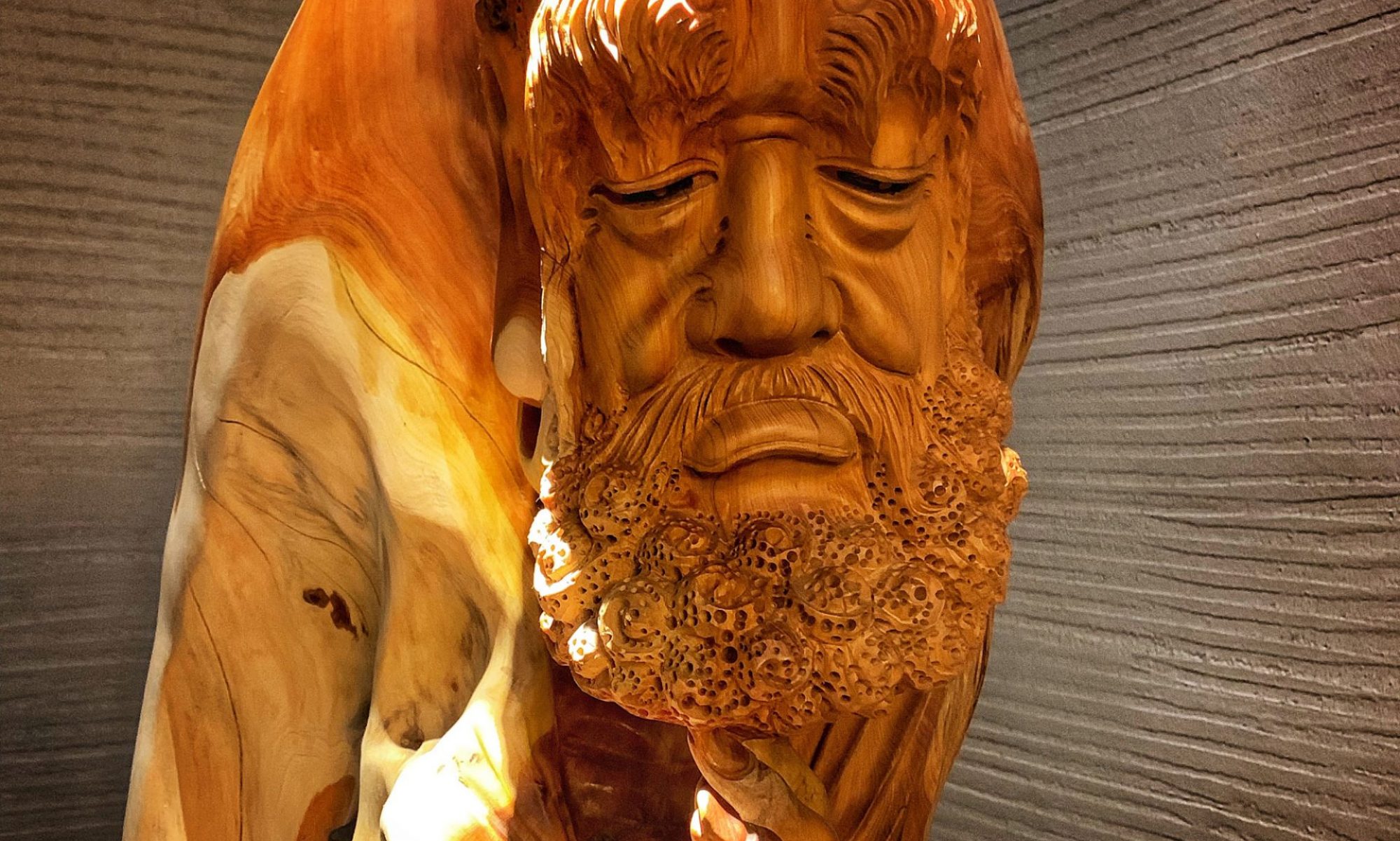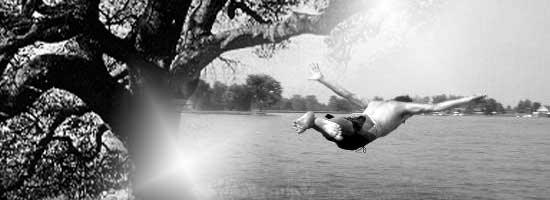I could not resist but to seek permission from Geraldine aka GG for her permission to allow me to include her recent blog entry here as one of my favorite readings that points me to Truth. I trust you too will benefit as much as me. Love.
Stories, am I?
Who I think I am, therefore I am; but who I truly am, is not who I think I am. – so, who am I?
How do you tell someone that whatever they go through in life, whatever stories they tell, are just simply, a story? How do you tell someone that what I go through in my life, even if I were to share my experiences of what I go through, are just stories? How do you tell someone, that the stories that we each tell, are all unreal, but a story?
We indulge ourselves in stories. Really. Who don’t like stories? We line up to watch movies, read novels – all for a story. And then we meet a friend or a relative for cuppa or dinner, and then what do we tell each other but our stories?
And stories come from roles we take on, or from observation of the roles that others take on. But all in all, they are nothing, but stories.
As if we do not take on enough roles in this life time. When we are revealed or told that we are so-and-so in our past lives, we get so excited, become attached to it in a way (albeit a past) and talk about it all the time. As if, the story in this lifetime is not enough. We need more stories of the past to reinstate who “I” am – I was a warrior; I was a king; I was a queen; I was his wife; I was his concubine ~ really, does it matter? Even today, I am a tycoon; I am a mother; I am a wife; I am a CEO; I am a maid ~ does it really matter?
If it does, surely it must give us peace. If it really does, surely it must liberate us, and we must be contented. But are we truly at peace? Do we really feel liberated? Do we notice that somehow somewhat, there is always something missing? And for that, we are always unconsciously striving for something?
When I was talking to a loved one today, whom I am normally quite fearful of, I listened. I listened to his stories, his reasoning, his blaming. I see his guilt, his need for acknowledgment and his call for love. Perhaps I am not normal, I don’t know, but after having understanding and dealt with my own inner demons, I finally saw him, for him. I did not see him as someone who was victimizing me anymore, nor pointing fingers at me or anyone. I saw him as someone who was calling out for love – to be understood and acknowledged.
And again, how do you tell someone that? That beneath all those stories that he has shared are his own ancient pain, guilt and shame that only he himself can elevated himself from? I emailed my teacher this morning, telling him brutally how I felt no compassion for people who don’t own up for their own pain. Yet tonight, as I witnessed this loved one, compassion automatically set in as I realised that I too, had been unconscious before, speaking of which I still have a tendency to fall into the unconscious mode from time and time. The only difference between him and I today is that now I’ve understood and choose to remember it as often as I can – to be mindful, that is and to take responsibility for my own shit.
Suddenly stories are not that important anymore. I remember friends used to gather round just to talk about other people or our own stories. I am not saying that we shouldn’t talk to each other or share with each other, but have we considered the intention and essence of sharing? Are we calling out for love? or are we reinforcing our illusionary meaningful roles in this existence? Are we meaning to feel better about ourselves after gossiping about or blaming others? Is it possible, that our lives are in fact meaningless, that we have to “do” something to make it meaningful; to satisfy a need we are not conscious of? And why the need to make it meaningful, except to strengthen the meaning of “I”? I could go on with this “I” thing.. but it’s just too much bullshit.
It pains me to witness even when compassion arises. But that is only happening because I forget that there is someone out there, a ‘body’ out there so to speak, hence the separation. And when Wisdom fails to set in, I buy into that ‘story’ and fall into a depression. How egoistic. But if I could forgive myself for my projection of unconscious guilt, then no one is suffering. And even if I am still seeing a ‘body’ out there, I could always choose to perceive from a Wisdom point of view so per se – to respect their journey, and to see them perfectly as they are, trusting that everything is in divine order.
Afterall, I am no saviour. Just a passerby with lessons to learn and to grow in my journey of a-loneness.



